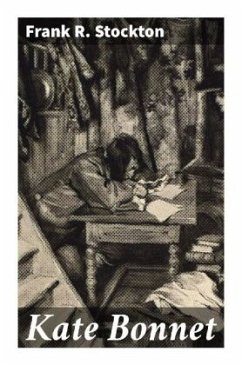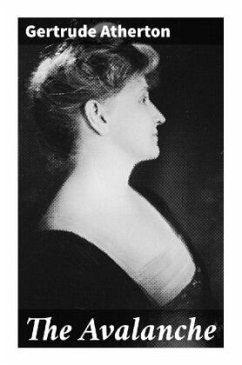
A Woman of No Importance
Versandkostenfrei!
Versandfertig in 6-10 Tagen
9,10 €
inkl. MwSt.
Weitere Ausgaben:

PAYBACK Punkte
0 °P sammeln!
In "A Woman of No Importance," Oscar Wilde crafts a scathing yet witty social commentary steeped in the opulence of Victorian England. This compelling play dissects themes of hypocrisy, morality, and the rigid gender roles of the time, encapsulated through the interactions of its vibrant characters. Wilde's hallmark epigrammatic style shines throughout, as he deftly intertwines sharp humor with poignant truths, inviting audiences to reevaluate societal norms and the cost of reputation. Set within the drawing rooms of the British aristocracy, the narrative operates as both a comedy and a critiq...
In "A Woman of No Importance," Oscar Wilde crafts a scathing yet witty social commentary steeped in the opulence of Victorian England. This compelling play dissects themes of hypocrisy, morality, and the rigid gender roles of the time, encapsulated through the interactions of its vibrant characters. Wilde's hallmark epigrammatic style shines throughout, as he deftly intertwines sharp humor with poignant truths, inviting audiences to reevaluate societal norms and the cost of reputation. Set within the drawing rooms of the British aristocracy, the narrative operates as both a comedy and a critique, asserting the importance of individuality over societal expectations. Wilde, an icon of the late 19th-century literary scene, was known for his flamboyant personality and relentless challenge to Victorian conventions. His experiences as a member of the elite, along with his keen observations of social dynamics, informed his portrayal of characters who navigate love, deception, and societal pressures. These personal insights provide a rich foundation for the biting satire present in this work. Readers seeking a blend of humor and profound social insight will find "A Woman of No Importance" an essential addition to their literary repertoire. Wilde's intricate dialogue and memorable characters offer endless opportunities for reflection on the nature of identity and societal constraints, ensuring its relevance endures across generations.












